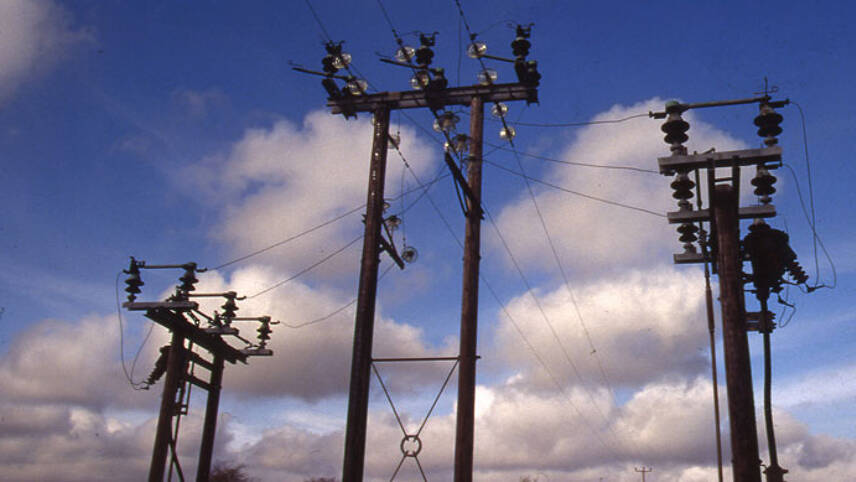Member only content free until 26/05/2024
To continue reading this article and enjoying free access to all Utility Week’s content up to the 26/05/2024 Register today!
Ready to become a member?

The UK's gas and power networks require an estimated £41.6 billion investment by 2020 to enable it to meet future challenges.
The Department of Energy and Climate Change’s (Decc) report, on delivering investment into UK energy networks, published today, said the UK’s electricity networks require £34 billion by 2020 while gas networks also require investment of £7.6 billion by 2021.
Decc said the investment is needed to deal with demands such as new and low carbon electricity generation, greater interconnection with other countries, and consumers and local communities engaging in micro-generation and energy purchasing.
Networks will need to be smarter, more local and more integrated- bringing together electricity, heat and gas to maximise efficiency, reliability and to reduce costs, the government report added.
Smart grids and heat networks are expected to take a central role with Decc saying smart grids will reduce the cost of additional distribution reinforcement by between £2.5 and £12 billion by 2050. The government has awarded almost £7 million in grant funding to support heat network development studies over the next year.
Between 2010 and 2014 there has been over £16 billion of investment across the UK electricity networks, £3.8 billion across gas networks and £1 billion worth of electricity interconnection projects.
Energy Networks Association’s chief executive, David Smith said: “Our energy networks have a strong record of delivering improved performance at a low cost to customers. This report does a good job in highlighting the challenges the sector faces if it is to build on that strong record over the coming decades.”
“The innovation which is already progressing in the sector will mean that the UK’s energy networks will be delivering record investment whilst ensuring that the cost to consumers remains flat into the next decade. By investing in smarter networks the UK has an opportunity to become a world leader in the field, with the potential to deliver significant economic benefits.”




Please login or Register to leave a comment.